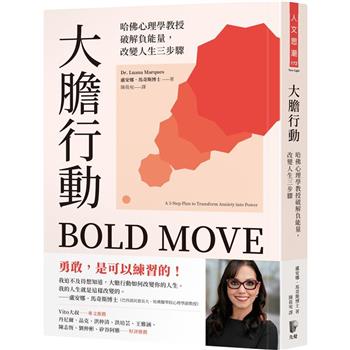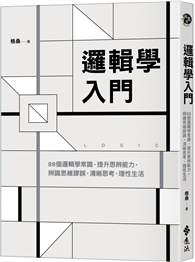The topic of organisational effectiveness is growing in currency within organisations and in business schools in the light of events of recent years. Pundits have highlighted many of inadequacies of what Sennett (2006) calls the ‘new work culture of capitalism’; indeed there are widespread debates about how to improve many aspects of the current system, ranging from tightening legislation and governance to greater transparency in the roles, behaviours and rewards of leaders.
However, to date relatively little attention has been paid to the role played by Human Resource Management (HRM) in embedding the values and work practices of the work culture of global capitalism. Influencing Organizational Effectiveness is intended to plug that gap and equip people management students, HRM, HRD and OD professionals, and leaders/line managers, with insights that will help them challenge poor practice and advance more effective and sustainable ways of operating.
The book challenges mainstream thinking around business strategy, change and organisational effectiveness, and about the roles of HRM and management. While the overall tone of the book is critical, the author nevertheless argues that HRM can play an active role in advancing a new form of effectiveness. It encourages readers to query/assess what is desirable and feasible in their context.
Thus Influencing Organizational Effectiveness goes beyond criticism to advocate better practice. Grounded in research, the book will include reflective activities, case studies and helpful guidelines for the various readership constituencies i.e. HRM, HRD and OD students and practitioners, managers/leaders and employees more generally. It will illustrate what ‘better’ might look like and how - working separately and together - they can help create truly effective organisations.











